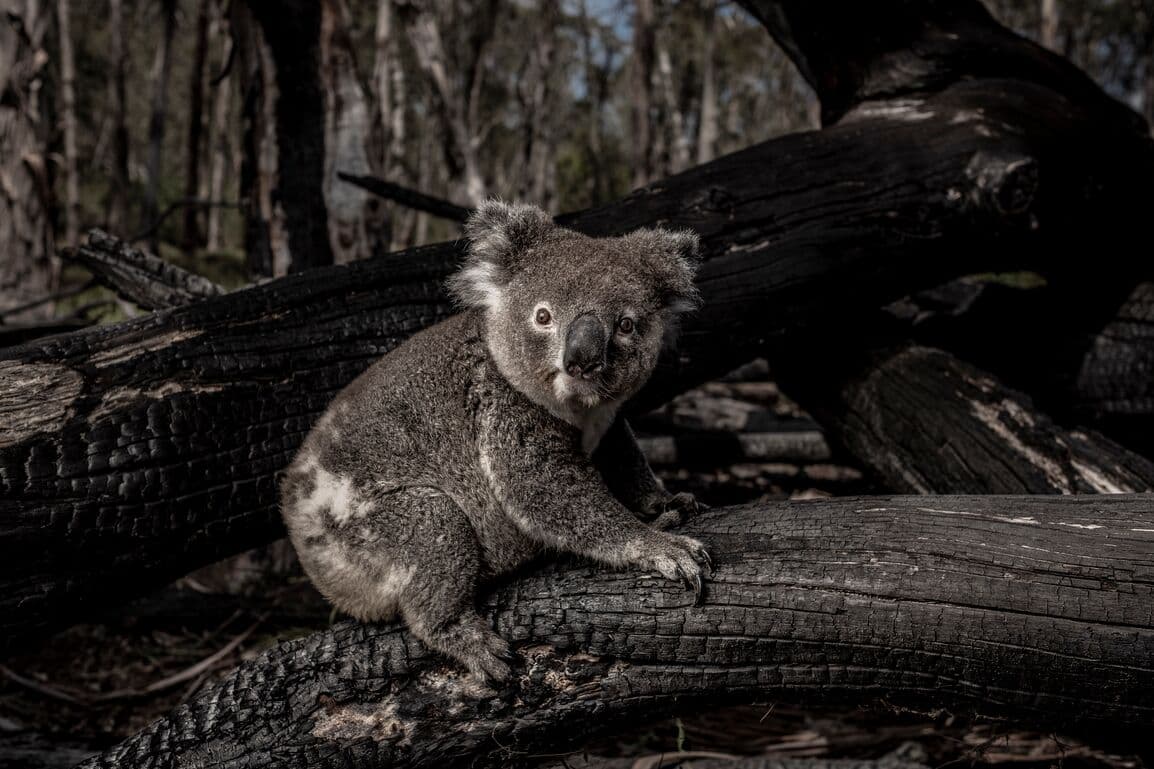rapid response
Why the wild needs a rapid response program
Safeguarding the planet is challenging on a good day, but as wildfires burn hotter and faster, storms become more severe, COVID-19 continues to threaten Indigenous peoples and rangers, and other catastrophes strike, conservation has taken on a new dimension of urgency. Re:wild and our partners are uniquely positioned to immediately respond to the emergencies threatening biodiversity, people and ecosystems through our rapid response program.
What is the rapid response program?
Through targeted fundraising efforts, communications campaigns, and a dedicated fund, Re:wild deployed emergency support to partners in the Amazon and Australia during the unprecedented wildfires of 2019 and 2020. We have supported our partners in the Amazon during the pandemic and provided emergency funding for hurricane relief to conservation rangers in The Bahamas, Nicaragua and Honduras.

Rapid RESCUE Fund
On the heels of these successful campaigns to support our partners in emergency situations, Re:wild partnered with the European Union (EU) to create a critical rapid response mechanism called the Rapid Response for Ecosystems, Species and Communities Undergoing Emergencies —or the Rapid RESCUE Fund. Established in 2021, the fund provides a rapid response to emerging biodiversity threats requiring immediate attention or relief to prevent catastrophic or irreversible damage to critical ecosystems and wildlife. It focuses on reducing the impacts of emergencies —like those caused by pandemics or extreme weather events— on ecosystems vital to the planet’s health and surrounding vulnerable communities.

